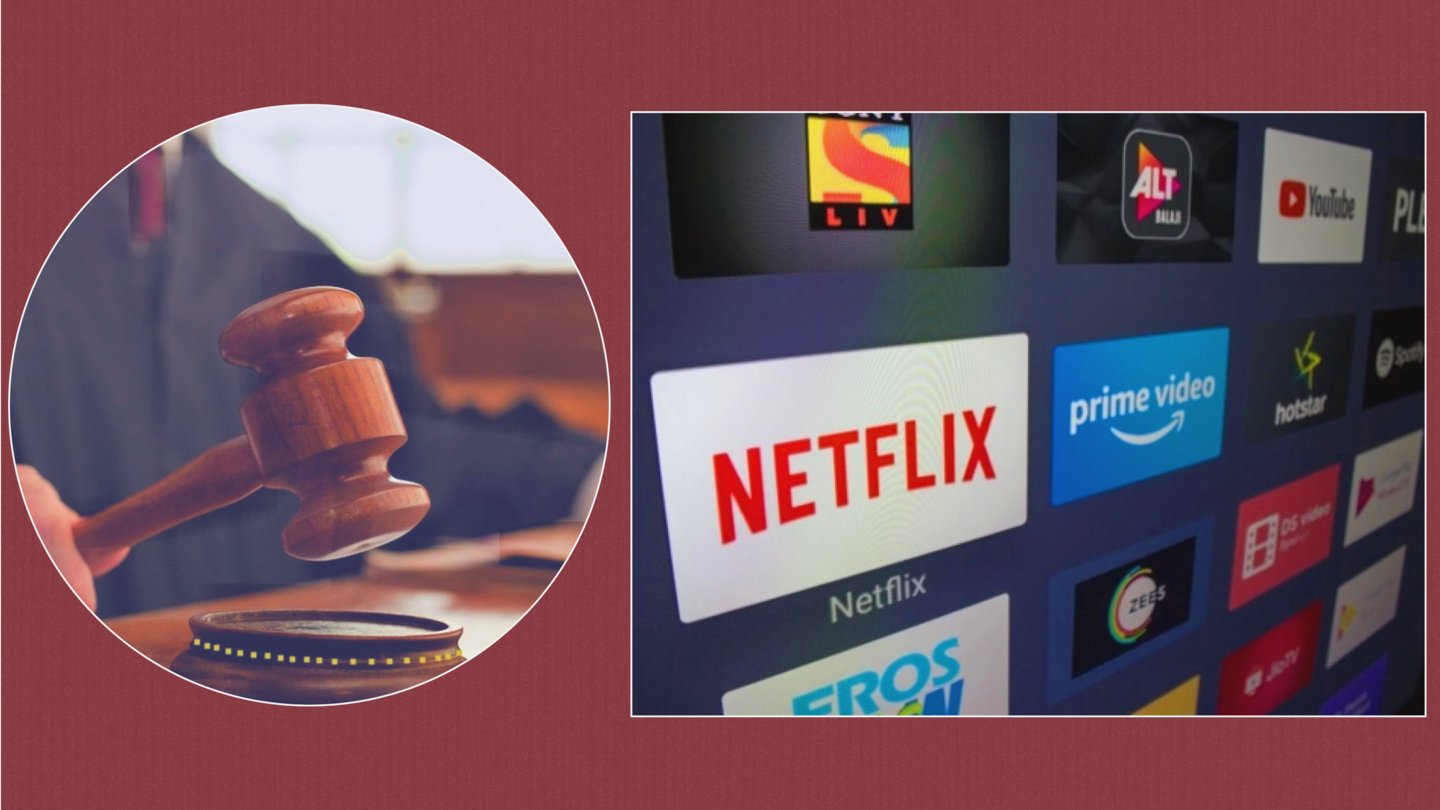
OTT platforms should be screened, says SC; 'even porn shown'
What's the story
The Supreme Court on Thursday called for the screening of video content on over-the-top (OTT) platforms like Amazon Prime and Netflix.
The apex court said that, at times, such content on OTT platforms features "pornography" as well.
The court has asked the central government to submit its recent guidelines to regulate OTT and social media platforms.
Here are more details.
Court
Court was hearing Prime Video India Head's anticipatory bail plea
A single-judge bench of Justice Ashok Bhushan was hearing an anticipatory bail plea filed by Amazon Prime Video's India Head Aparna Purohit.
The plea was filed in connection with a case registered against her over the web series Tandav.
Purohit was represented by senior advocate Mukul Rohatgi while Solicitor General Tushar Mehta appeared for the central government.
The court adjourned the matter to Friday.
Arguments
At times, they're showing pornography: Court
The court observed, "We are of the view that there should be some screening of such programs. At times, they are showing pornography, too."
Mehta added, "They are showing filthy things with abuses, too."
The Centre was asked to submit and circulate the Information Technology (Guidelines for intermediaries and Digital Media Ethics Code) Rules, 2021, which seek the regulation of content on OTT platforms.
Context
Recently, Allahabad HC rejected Purohit's bail plea
The Allahabad High Court had recently rejected Purohit's bail plea, noting that the sentiments of the majority community were hurt by the display of the characters of their faith in a disrespectful manner.
The HC had also ruled that the use of the word 'Tandav' can be offensive to the majority, as it is associated with an act assigned to the Hindu God Shiva.
Case
Purohit booked for hurting religious sentiments, promoting enmity, etc.
Purohit had moved the Allahabad High Court after a case was filed against her by the Uttar Pradesh Police.
The charges covered Sections 153A (promoting enmity between different groups), 295 (defiling place of worship), 295A (hurting religious sentiments), 505(1)(b), 505(2) (statements conducive to public mischief) of the Indian Penal Code (IPC) and Sections 66 and 67 of the Information Technology Act.